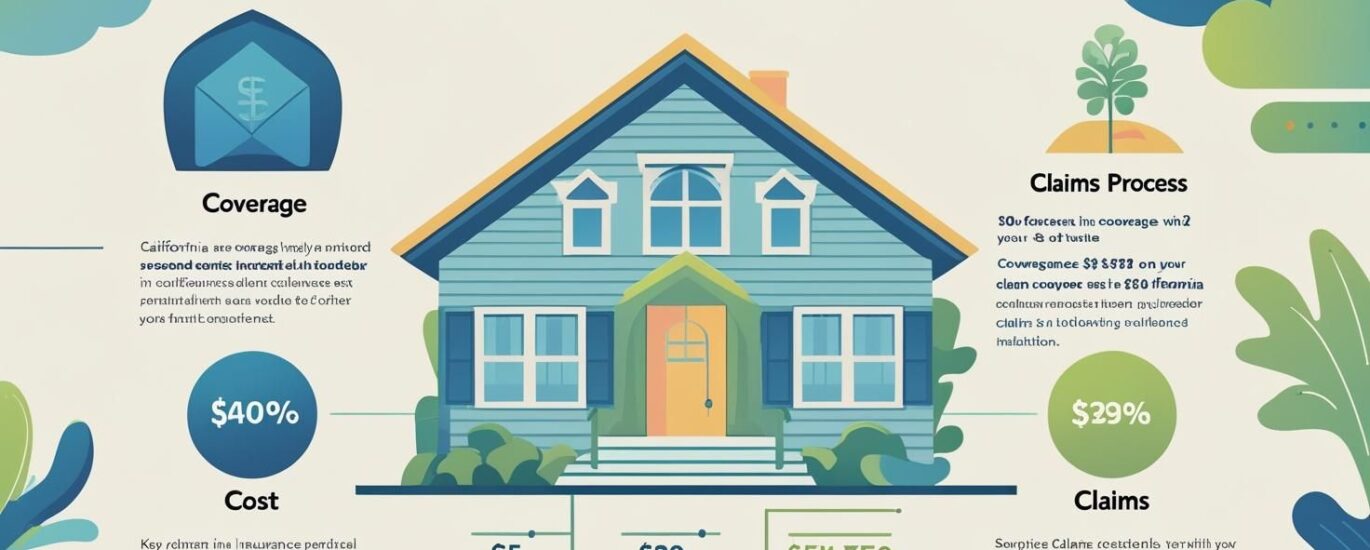Renting brings freedom and fewer responsibilities compared to owning. But many renters overlook rental insurance. This protection saves you from paying heavy costs after unexpected events. Whether you rent an apartment or a house rental insurance offers peace of mind. It covers belongings lost to theft fire or sudden damage. Without it renters often face paying everything themselves.
What is rental insurance?
Rental insurance or renters insurance is made for tenants. It protects personal belongings and includes liability coverage. If a guest gets injured in your home the policy covers expenses. It may also pay if you need temporary housing after damage. Many renters believe landlords protect their things but that is not true. Landlord insurance only covers the structure.
Why every renter needs rental insurance?
Rental insurance protects against major loss. Think about replacing furniture clothes or electronics after a fire. Costs could be thousands. With insurance recovery is faster. It also provides liability coverage. If a visitor is injured you may face medical or legal costs. Your policy helps manage those. Some plans include legal defense. Rental insurance also pays for living costs if your home is unlivable. This means hotel stays and meals are covered. Coverage reduces stress and adds security.
Common misconceptions about rental insurance
Renters avoid insurance due to myths. Some think it is costly. In fact it is affordable. Often it costs less than a coffee each day. Others assume safe areas remove the need for coverage. Yet theft or fire can happen anywhere. Another myth is that landlords cover renter property. Landlords insure only the building not belongings. These false beliefs leave renters unprotected.
What does rental insurance cover?
Policies usually cover belongings liability and living expenses. Personal property includes electronics clothes and furniture. If stolen or damaged the policy helps replace them. Liability coverage protects you if a guest is injured or if you cause property damage. Living expenses cover hotel costs and meals if you must move out. Some insurers also offer coverage for valuables like jewelry or artwork.
What does rental insurance not cover?
Policies exclude some risks. Flood and earthquake damage are not covered. Separate insurance is required. Normal wear and tear is not covered either. Business equipment may need extra coverage. Reading the details avoids surprises. Knowing exclusions helps renters plan ahead.
How to choose the right rental insurance policy?
Begin by making a list of belongings and estimating their value. This sets your coverage limit. Choose between actual cash value and replacement cost. Actual cash value deducts for depreciation. Replacement cost pays the price of new items. Replacement cost costs more but offers stronger protection. Check liability limits too. Experts suggest at least 100000 in coverage. Review limits for living expenses.
Compare quotes from different insurers. Rates vary by provider and location. Bundling rental and auto insurance often lowers cost. Before buying read reviews of companies. Check claim handling and customer service. Reliable support matters when you need it.
Factors that affect rental insurance cost
Premiums depend on many factors. Location is one. High crime or disaster prone areas cost more. The value of your items also affects rates. Higher coverage means higher premiums. Deductible choice is important too. A higher deductible lowers the monthly rate but raises out of pocket costs in a claim. Credit score can also impact price. Good credit usually means better rates. Safety features like smoke detectors or alarms may qualify for discounts.
Tips to lower rental insurance costs
You can keep coverage affordable with simple steps. Bundle your policies with one provider. Add safety features like alarms and locks. Maintain good credit. Choose a higher deductible if you can handle upfront costs. Review your policy yearly to ensure it fits your needs. Compare quotes and ask about discounts. Insurers often reward claim free or long term customers.
Why landlords require rental insurance
Many landlords require insurance. It protects both tenant and landlord. If damage occurs due to tenant actions the policy covers costs. It also ensures tenants handle losses without depending on landlords. Even when not required insurance is still smart. Benefits outweigh the small expense.
How to file a insurance claim?
Filing a claim is simple. Contact your insurer soon after the incident. Share details of the loss or damage. List items with receipts or photos if possible. Cooperate with the adjuster during the process. Keep records of all communication. Clear steps make the claim faster.
The future of rental insurance
The rental market continues to grow. Insurance is more important than ever. Policies now include digital claims and flexible options. Renters will see more tailored choices in the future. Staying informed helps renters choose wisely.
Conclusion
This insurance is not just an added bill. It protects your belongings and your peace of mind. It covers property liability and living costs in tough times. Choosing the right plan means knowing your needs and comparing providers. With its low cost and strong value insurance is essential. Every renter should treat it as a necessity not an option. Visit https://number1ins.com/ to explore plans and choose the right coverage today.




